How effective is traditional Chinese medicine?
When we’re on the subject of health and wellness, traditional Chinese medicine emerges as a time-honored thread, weaving its way through centuries of wisdom and training.
Deeply rooted and ever-evolving in ancient traditions, traditional Chinese medicine captivates curious minds seeking a holistic approach to well-being. But what’s the science behind this ancient art? Can it stand the test of modern times, and is it the best path to health?
Well, Science In The World is here to reveal the enigma surrounding it, examine its principles, and consider the age-old question: Is traditional Chinese medicine more effective and better for you?
Join us as we go through the science, philosophy, and potential advantages of traditional Chinese medicine, deciphering the mysteries and discovering whether this ancient practice offers a unique key to unlocking vitality in the modern world.
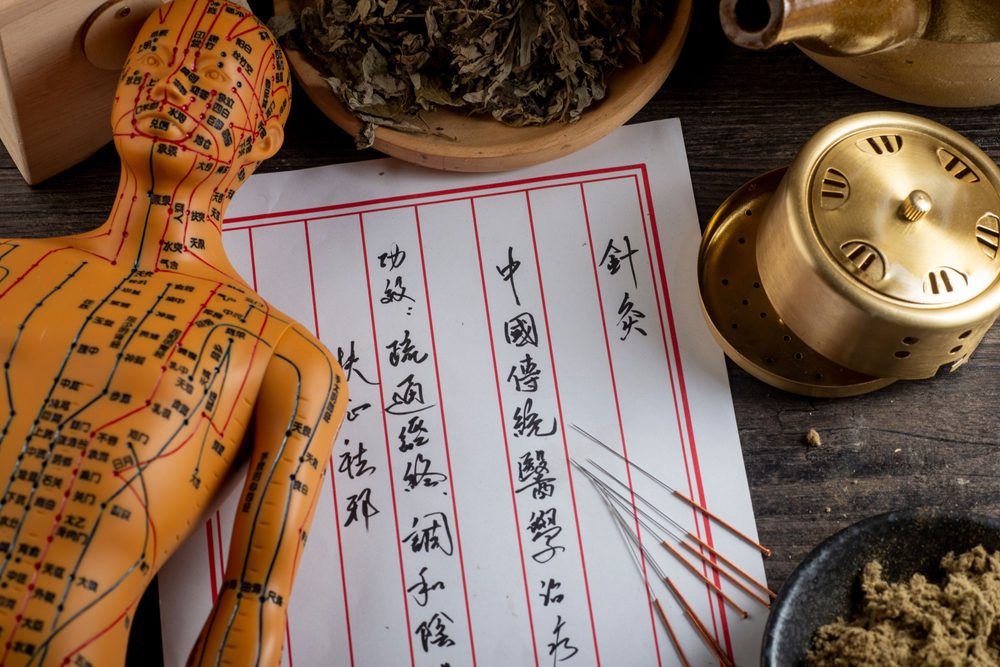
What’s the difference? Eastern Medicine vs. Western Medicine
The following factors define the differences between Eastern and Western medicine:
- Discovery methods: Eastern medicine uses various ways, including trial-and-error, observation, and clinical research. Western medicine is more focused on the scientific process of testing specific theories to see if they work.
- How it works: Eastern medicine looks at the energetic and physical health of a person and the environment they live in, not just isolated symptoms from organ-related or structural issues.
- How treatment is applied: TCM treatment is used to balance one’s qi, whereas Western medicine focuses on curing or at least reducing specific symptoms of diseases.
Chinese medicine seeks to correct the root of the issue
Most conventional medical treatments have one goal in mind: obliterate the symptoms. While this is obviously an important goal, traditional Chinese medicine goes much deeper than that. In Eastern medicine, symptoms are believed to be just the tip of the iceberg.
To really relieve the symptoms, revitalize health, and prevent the problems from coming back, the root issues must first be repaired.
For instance, when it comes to acupuncture treatment, an herbal formula, or even lifestyle and diet recommendations, some elements will handle the symptoms, known as the branch, and others will concentrate on healing the cause, known as the root.
The approach behind Chinese herbal medicine is a long game. Natural healing takes commitment and time, resulting in longer-lasting change and true healing.
Traditional Chinese medicine takes a multi-pronged approach
Chinese medicine is renowned for its multi-pronged approach to wellness. Even though herbal medicine and acupuncture are the most well-known treatment methods in Eastern medicine, practitioners use various techniques to help their patients recover.
For example, a Western doctor might prescribe a medication or a physical therapy program to a patient to treat a condition like back pain.
On the other hand, a Chinese medicine practitioner will probably recommend topical pain-relieving oils, a back pain herbal formula, acupuncture, dietary changes, massage, and lifestyle adjustments to treat your pain.
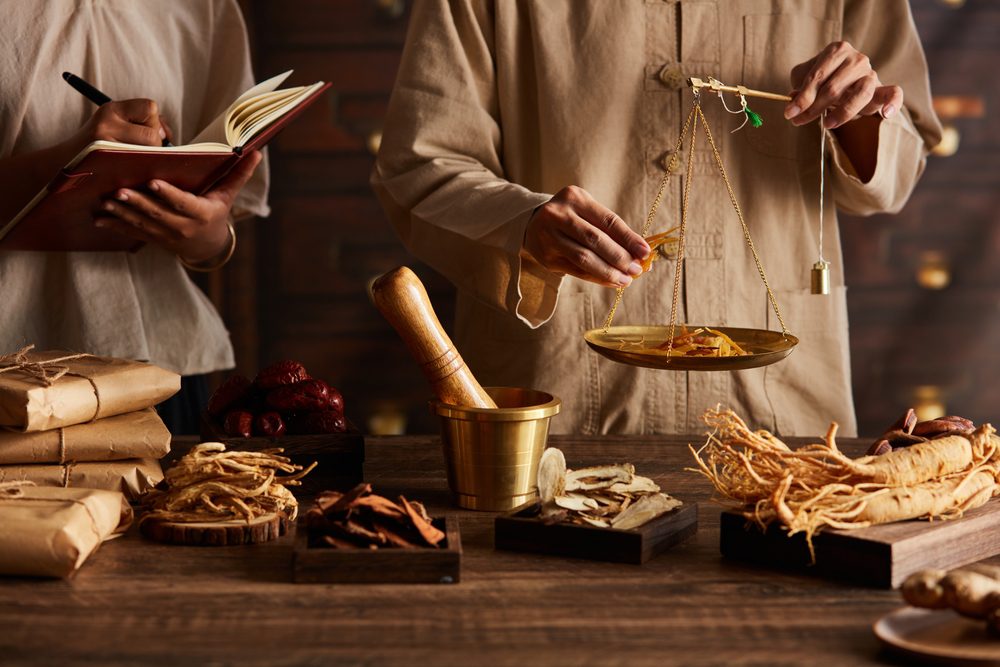
Chinese medicine diagnoses patterns instead of diseases
When you visit a doctor and explain your symptoms, you usually walk away with a specific diagnosis, whether it’s diabetes or acid reflux. And the treatment for a specific disease tends to be similar, no matter your underlying constitution, cause, or lifestyle.
However, Chinese medicine treats patterns of imbalance instead of actual conditions. Traditional Chinese medicine practitioners depend on a thorough health history, observation, and other diagnostic methods to determine these patterns and diagnose the root problem.
With this system, two people diagnosed with general anxiety disorder, for instance, might have completely separate herbal formula recommendations.
Likewise, a person with migraines and a person with irritable bowel syndrome could be recommended the same formula to treat their wildly different circumstances.
This is all possible due to the interconnectedness of the various organ systems and the body’s makeup of blood, qi, yin, and yang.
Chinese medicine uses a blend of herbs, instead of just one or two like Western herbalism
In regards to Western herbalism, an herb is prescribed for a certain issue. For instance, a single extract of St. John’s Wort is a standard herb used to treat the symptoms of depression. Likewise, ginger might be recommended if you have stomach pain.
However, traditional Chinese medicine takes a different approach. Most Eastern herbal formulas are blends of several different herbs and sometimes even a combination of entire formulas.
The herbs work harmoniously with each other and usually bring out new properties in each other than they would have independently. They form a root-and-branch effect to manage both the distressing symptoms and the underlying cause simultaneously.
Blending herbs also helps prevent issues like headaches, stomach upset, or other irritations because soothing herbs are added to combat any adverse effects of certain herbs.
Healing Techniques
The following strategies are all meant to help an individual regain balance and promote harmony between yin and yang:
Cupping: Also known as cupping therapy, this involves a practitioner using warm glass jars that form suction on the skin on specific body areas, usually the stomach, back, legs, and arms.
Cupping draws your skin into the pot, which cracks open tiny blood vessels beneath the skin and works by forming a setting for blood to flow to the specific area and stimulate the injury-healing process.
More research is required to confirm how it works and how effectively it aids with high blood pressure, chronic pain, and other ailments.
Acupuncture: This practice is when a specially trained practitioner stimulates distinct areas of one’s body by inserting very thin needles through the skin. Although study results vary, it’s one of the most well-evidenced techniques in traditional Chinese medicine.
Clinical research reviews indicate that acupuncture helps the body unleash natural painkillers and can be effective in helping relieve symptoms in patients with chronic pain.
Herbs: Herbs are commonly used in traditional Chinese medicine to treat the person and their symptoms as a whole. They’re prepared in teas or extracts, capsule form, and powders in conventional or custom formulas.
Herbal remedies aren’t like pharmaceuticals used in Western medicine, which target specific disease symptoms. Many can help with hard-to-diagnose or treat syndromes, including infertility, allergies, and menopause.
To give you an idea of how powerful herbs are, try this Lymphatic Drainage Ginger Foot Soak from Amazon!
Tai Chi: Tai chi is a gentle, slow exercise that includes focused breath work and body movement. It has often been described as “medication in motion” and “meditation in motion.”
Even though it was initially a form of martial arts, it has been adapted into the “traditional Chinese medicine” umbrella of techniques to boost the proper flow of qi and encourage balance between yin and yang.
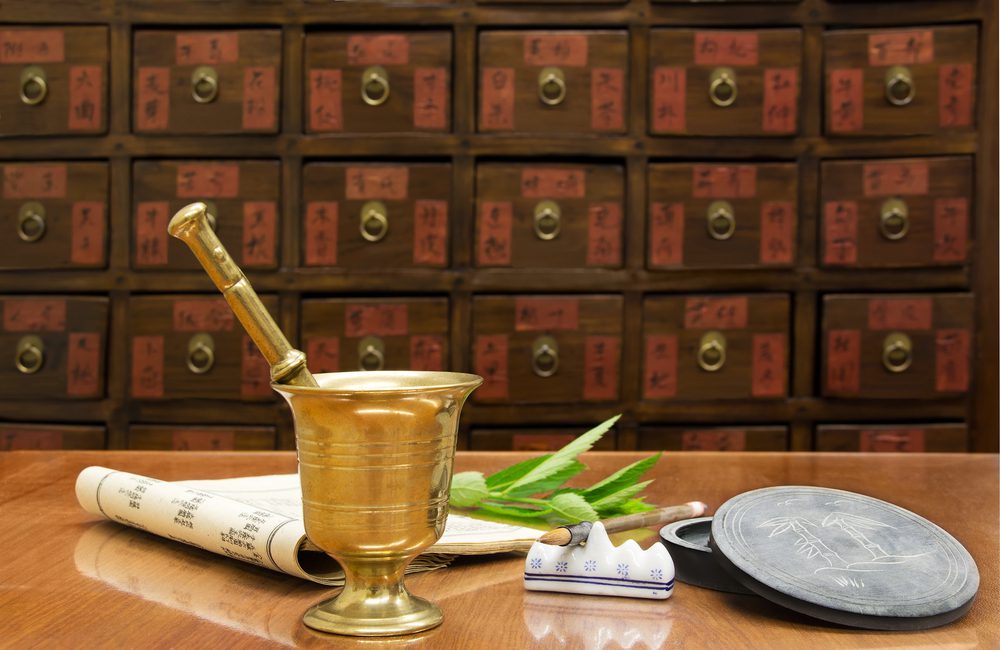
Do you HAVE to choose?
The good news is that using Chinese or Western medicine doesn’t need to be an “either/or” decision. The best practice regarding healthcare is to be open to both, based on your conditions. When you combine both options, you can enjoy the benefits of each.
Instead of waiting until you’re sick to address your issues, you can use Chinese medicine to cultivate vitality while still healthy.
And if something arises that demands Western medical treatment, you can take advantage of all the powerful technology and resources Western medicine offers.
Furthermore, combining Western medical technology with Chinese medicine practices is a fantastic way to enrich preventative medicine. In the times we live in, numerous medical tests can detect various conditions in the body.
You can leverage the best of both worlds by using Western technology to help diagnose health conditions and combining Chinese medicine to establish long-term treatment strategies.
We hope you’ve gotten a good understanding of traditional Chinese medicine through this post. Be sure to let us know in the comments of your own experiences with this method, if any.
Meanwhile, Science In The World has many more interesting reads. For instance, check out: Organ Transplant Denial: Could You Be Banned if You Needed a Transplant?


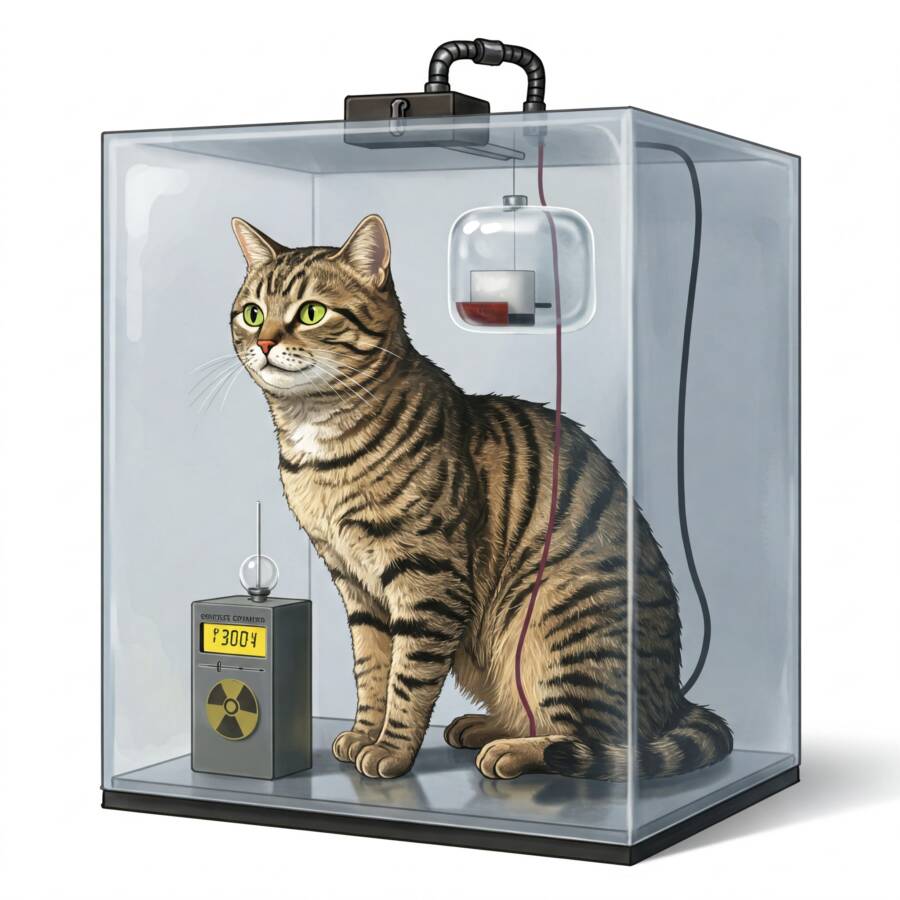








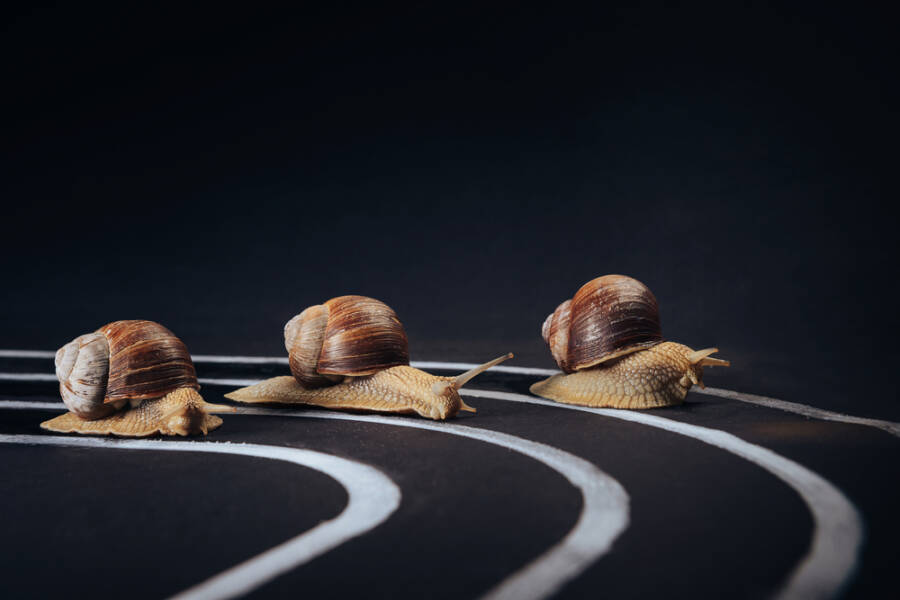


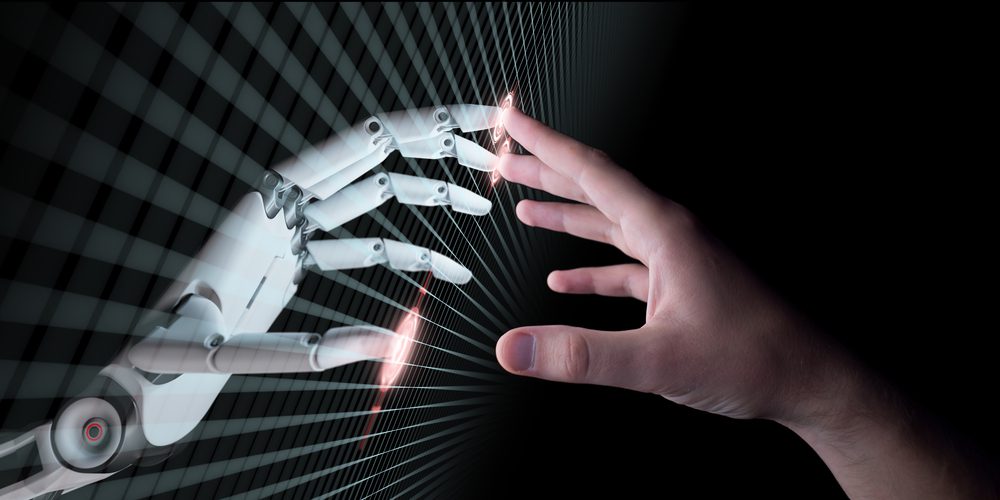
2 Responses
Well presented as a fair evaluation.
My 4 grandparents all came from Europe at the turn of the century. They used some of these “Chinese ” medical methods. I remember things like mustard plaster and rub on the Vicks to help you breathe.